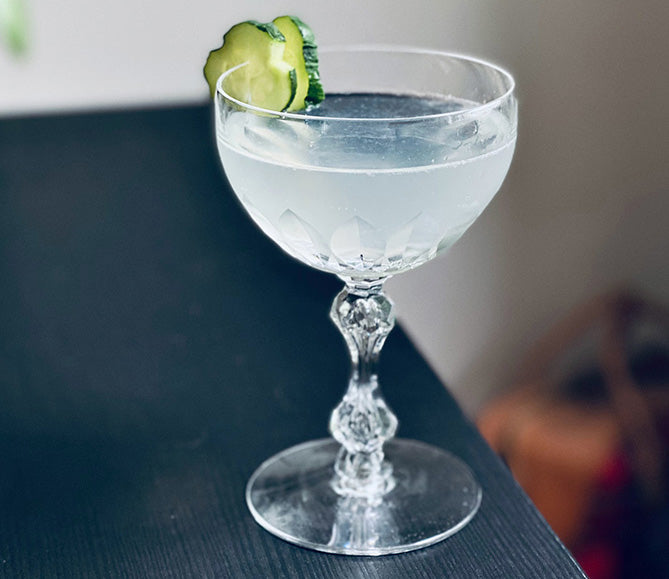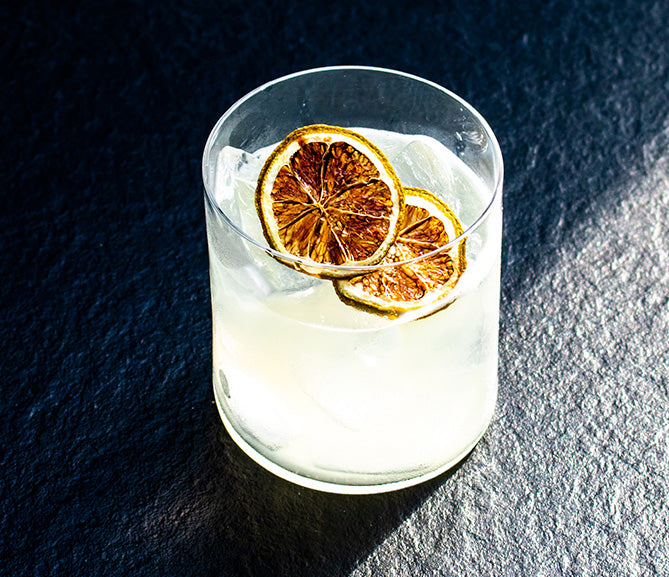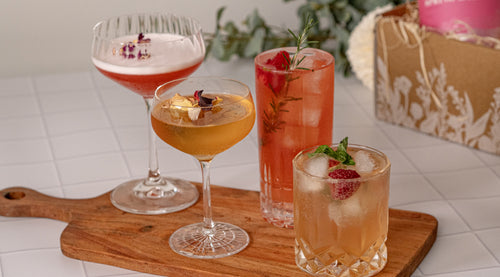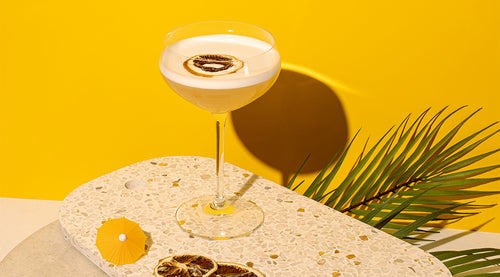Gin vs. Vodka: Together in Spirit
Written by Rosie Slater

Gin and vodka are often considered kindred spirits, perhaps because they are interchangeable in martinis, pair nicely with tonic or soda and go well in other popular drinks. What is the real difference between the two though? Is gin just flavoured vodka? This age-old question has been the subject of many a pub conversation, or these days, many a Google search.
Gin is known for its link to juniper berries. No juniper berries? No gin. However, the coniferous juniper tree is not the base of gin. The base of gin is a neutral spirit usually created by distilling malt, grape or grain. This is then combined with Juniper and other botanicals in a second distillation to create the gin that we all know and love.
In contrast, vodka is predominantly made from the distillation of potatoes, rye or wheat (although any starch or sugar-rich grain works well) and diluted with water to obtain the desired level of alcohol. Any other flavours are added after the distillation process, rather than during production, as it is with gin.

Understanding the distillation process helps us learn that vodka and gin have a number of similarities. They are both transparent spirits with origins in Europe that employ similar methods in their initial production. Yet both have distinct tastes and different raw ingredients, namely the juniper and botanicals required for a gin. So, although gin could technically be re-distilled from vodka (and occasionally is), adding juniper, fruits and herbal extracts to a complicated and intricate second distillation (and sometimes third) creates a very different, dynamic spirit.
We can, therefore, safely conclude that it would be doing gin a disservice to simply call it flavoured vodka.






